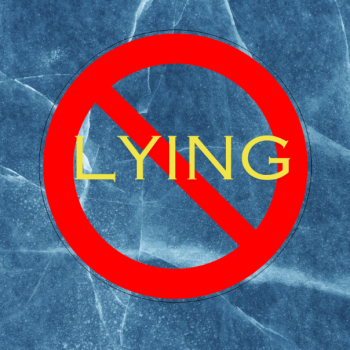On April 4, 1967, Martin Luther King, Jr. preached at Riverside Church in New York City. In his sermon (listen to it here) he publicly broke ranks with the policies of President Lyndon Johnson and the white liberal establishment (which still largely supported the war) as he condemned American involvement in Vietnam.
King articulated what increasing numbers of Americans were beginning to feel—that Vietnam, civil rights, and economics were deeply interconnected. Just as the policies of Johnson’s Great Society had begun to confront black poverty at home, King observed, the United States began pouring soldiers and resources into Southeast Asia. With the military buildup, commitment to domestic justice and equality faded. For every $53 Washington spent to help a poor person in the United States, Andrew Preston has noted, it spent $500,000 to kill a person in Vietnam.
Moreover, African Americans and other minorities were dying in extraordinarily high proportions in the early years of the war even though they accounted for a small percentage of the population. “We were taking the black young men who had been crippled by our society,” King charged, “and sending them eight thousand miles away to guarantee liberties in Southeast Asia which they had not found in southwest Georgia and East Harlem.” As a result, Americans faced the “cruel irony” of watching black and white American boys kill and die together in the service of a country “that has been unable to seat them together in the same schools.” It was a powerful sermon, one that has recently resurfaced in the public consciousness upon the death of its author Vincent Harding.
But King’s sermon did not reflect the opinions of rank-and-file African Americans. In a just-released book entitled American Protestants and the Debate over the Vietnam War, George Bogaski chronicles the fascinating non-response of black evangelicals to King’s speech and the intensifying war in Southeast Asia.
Read the rest here















